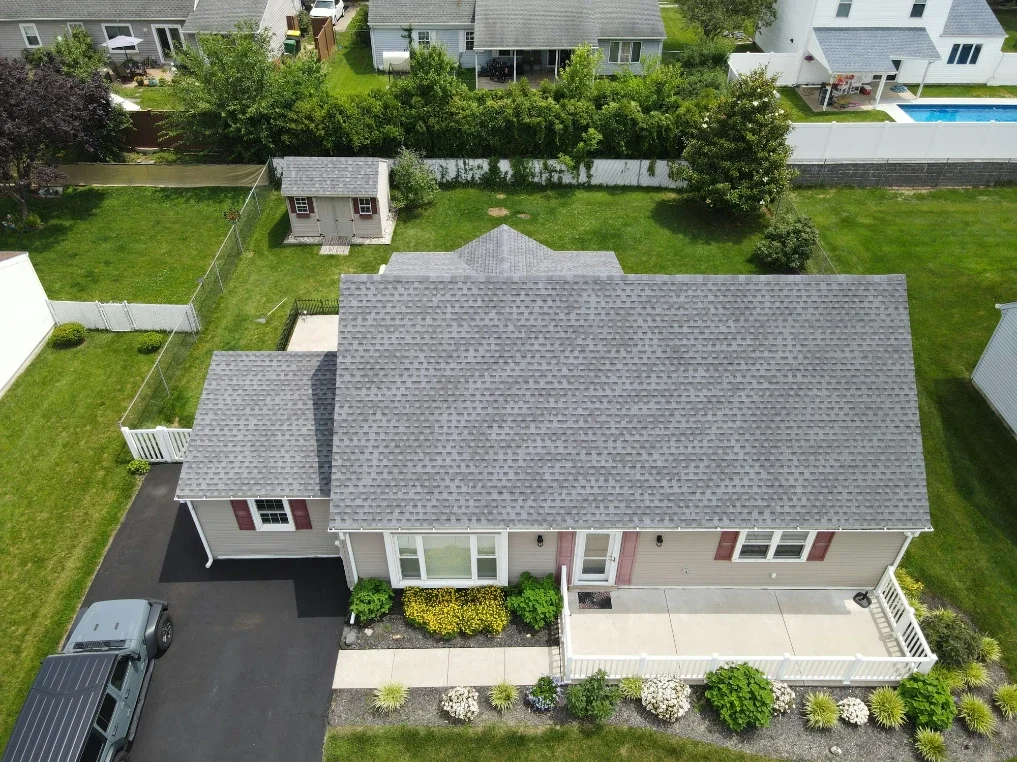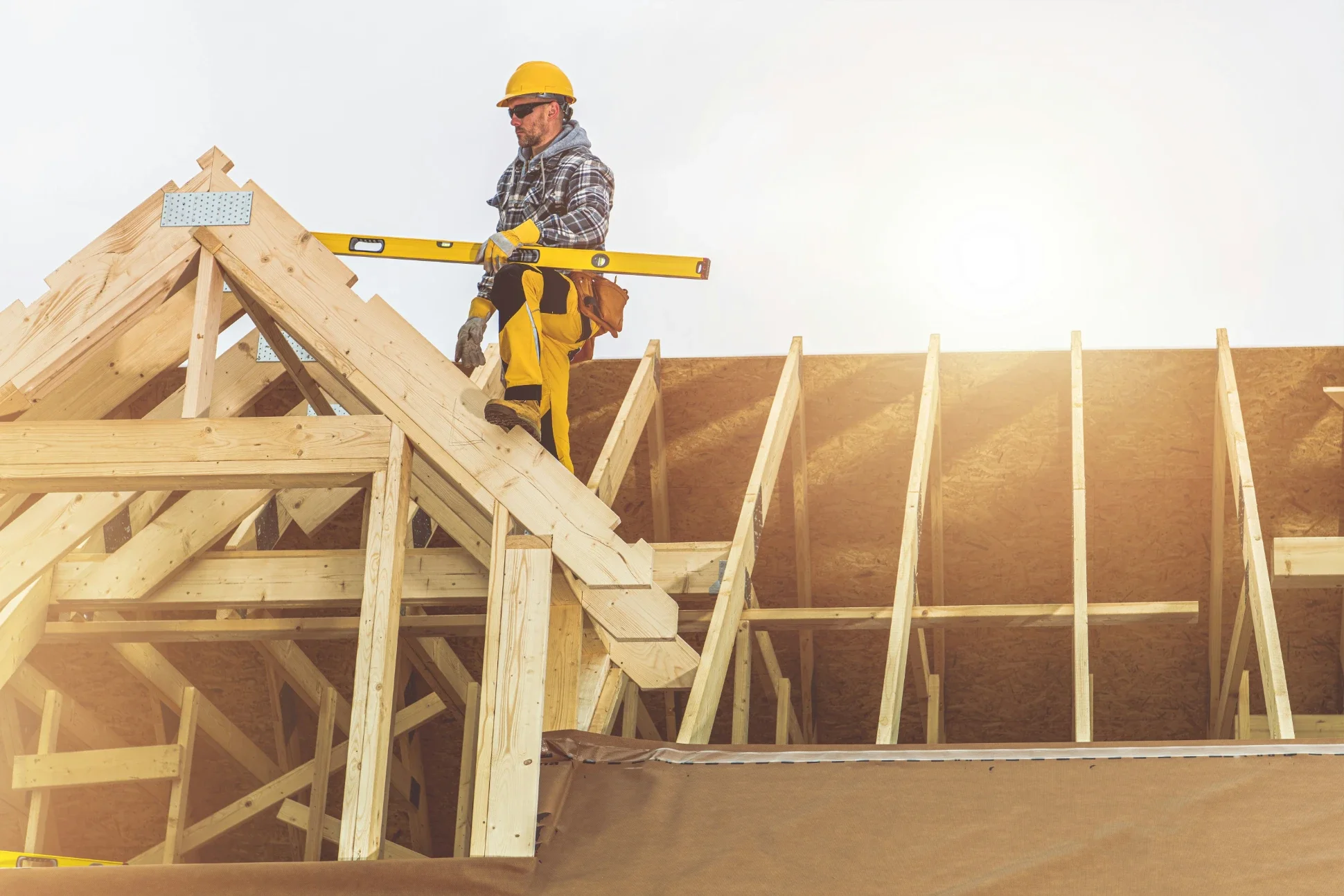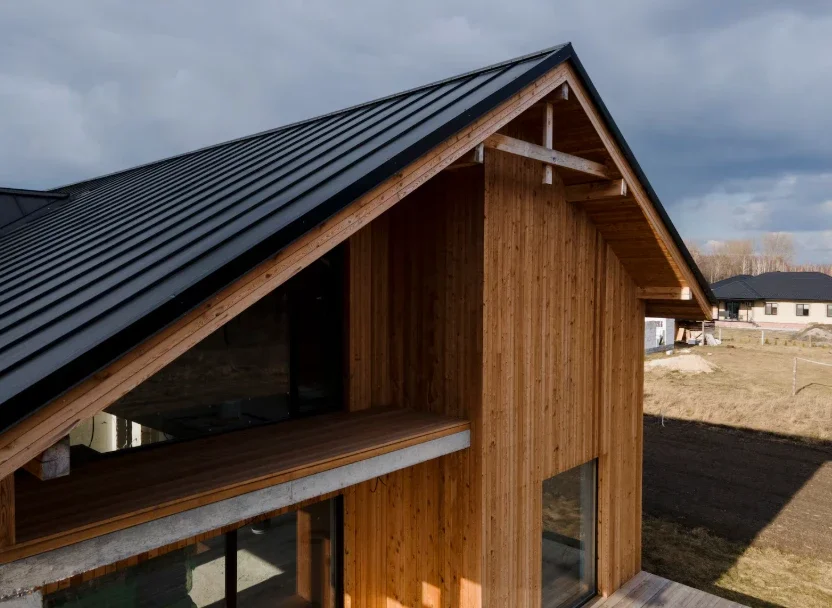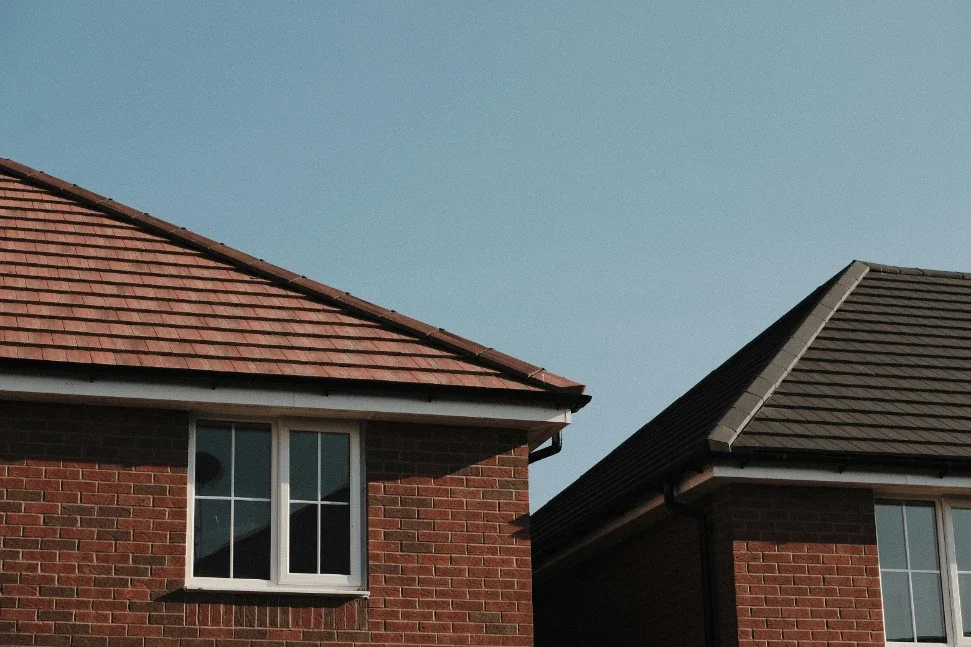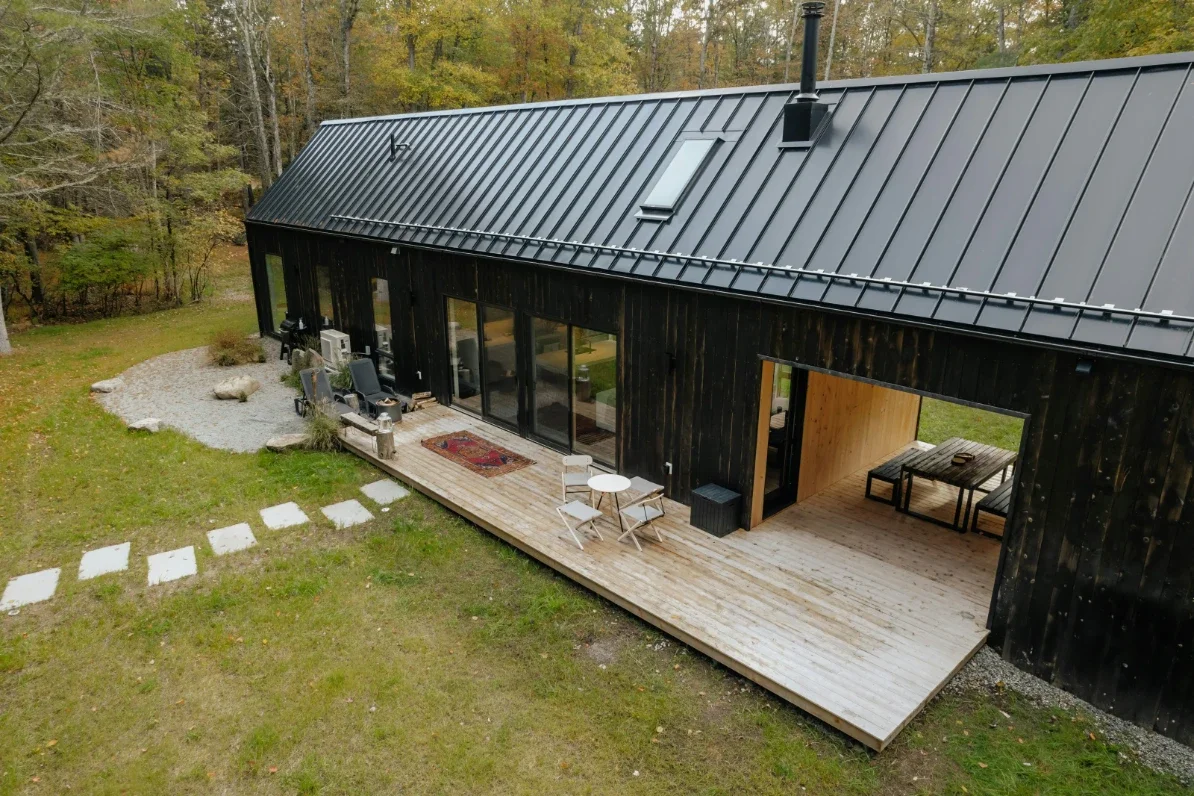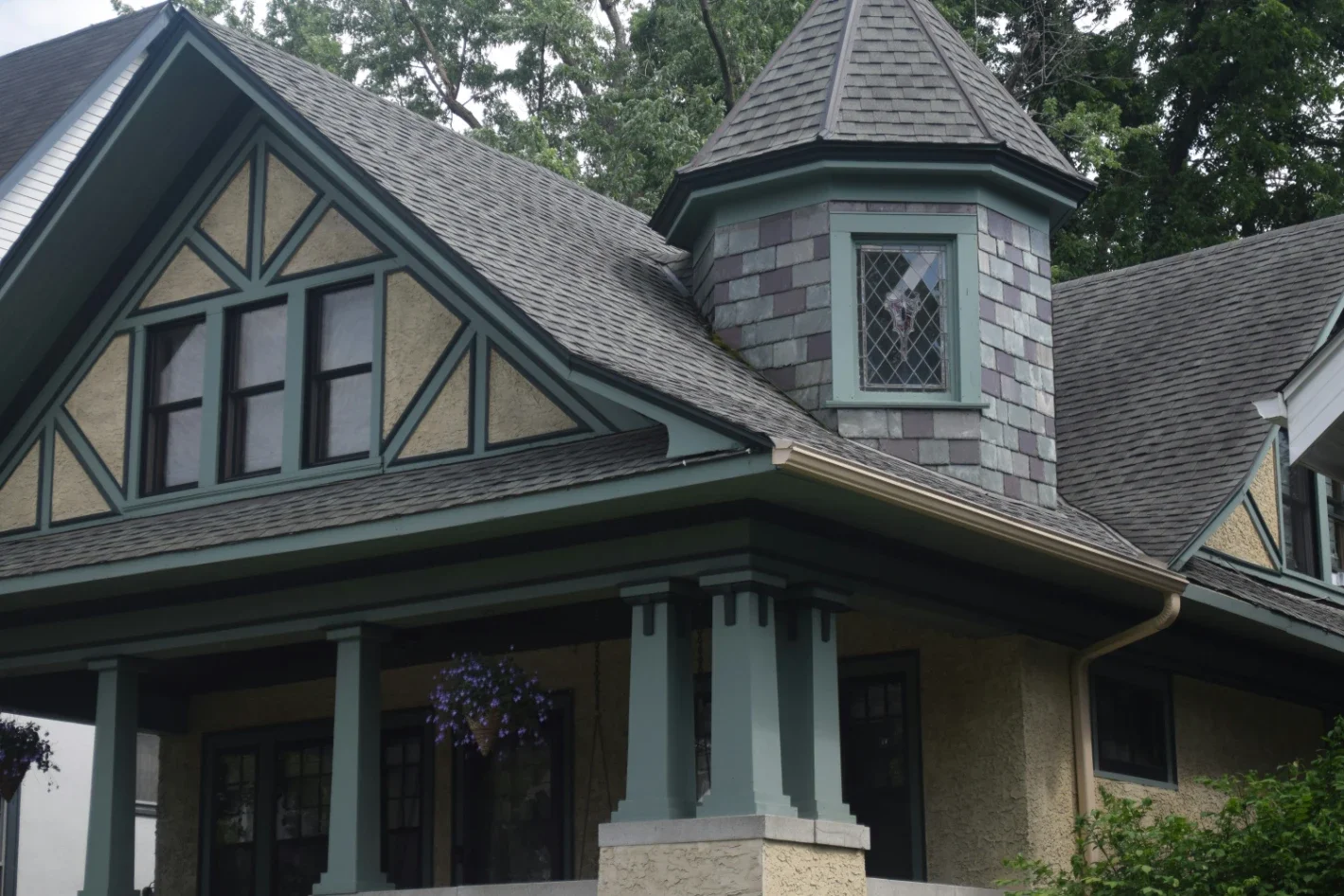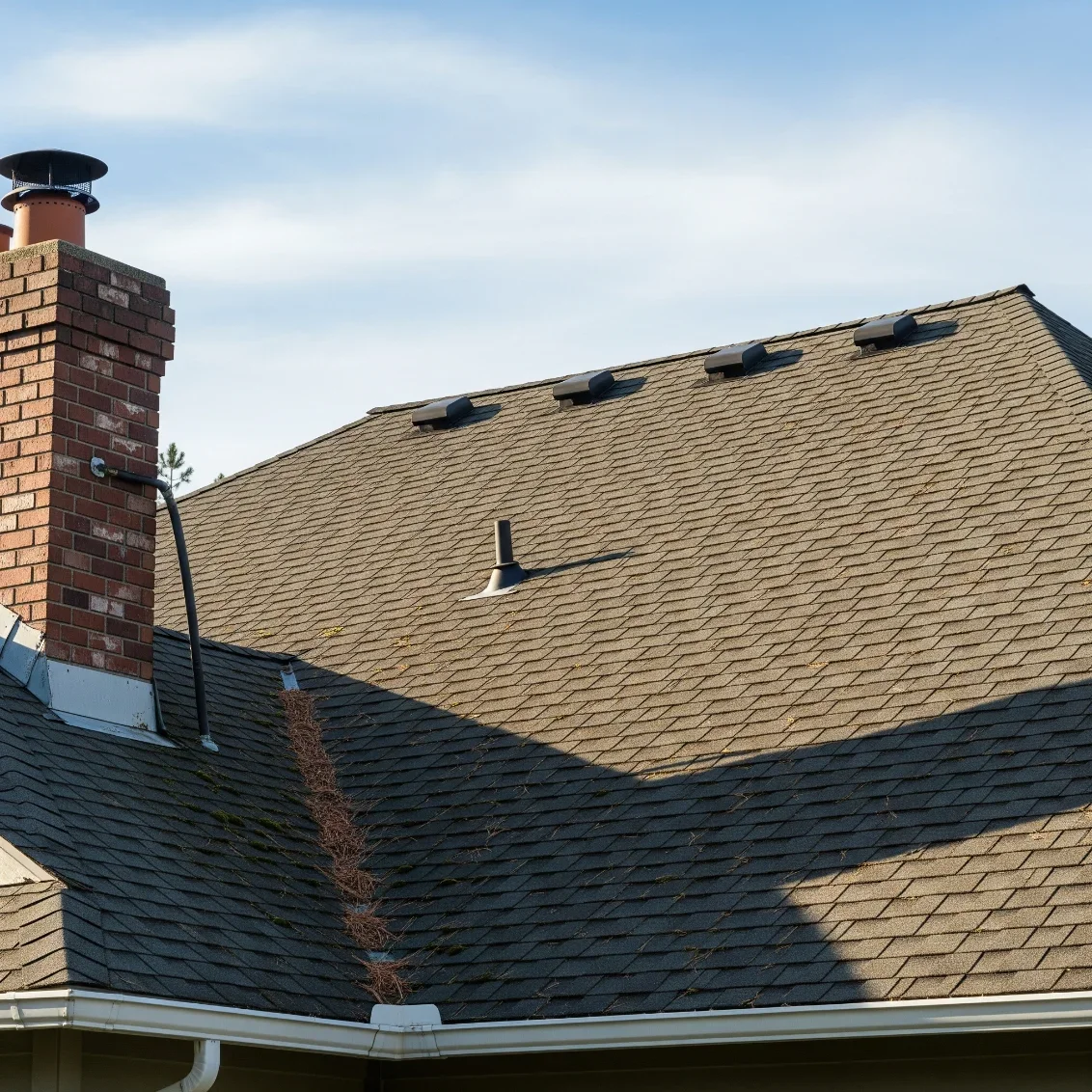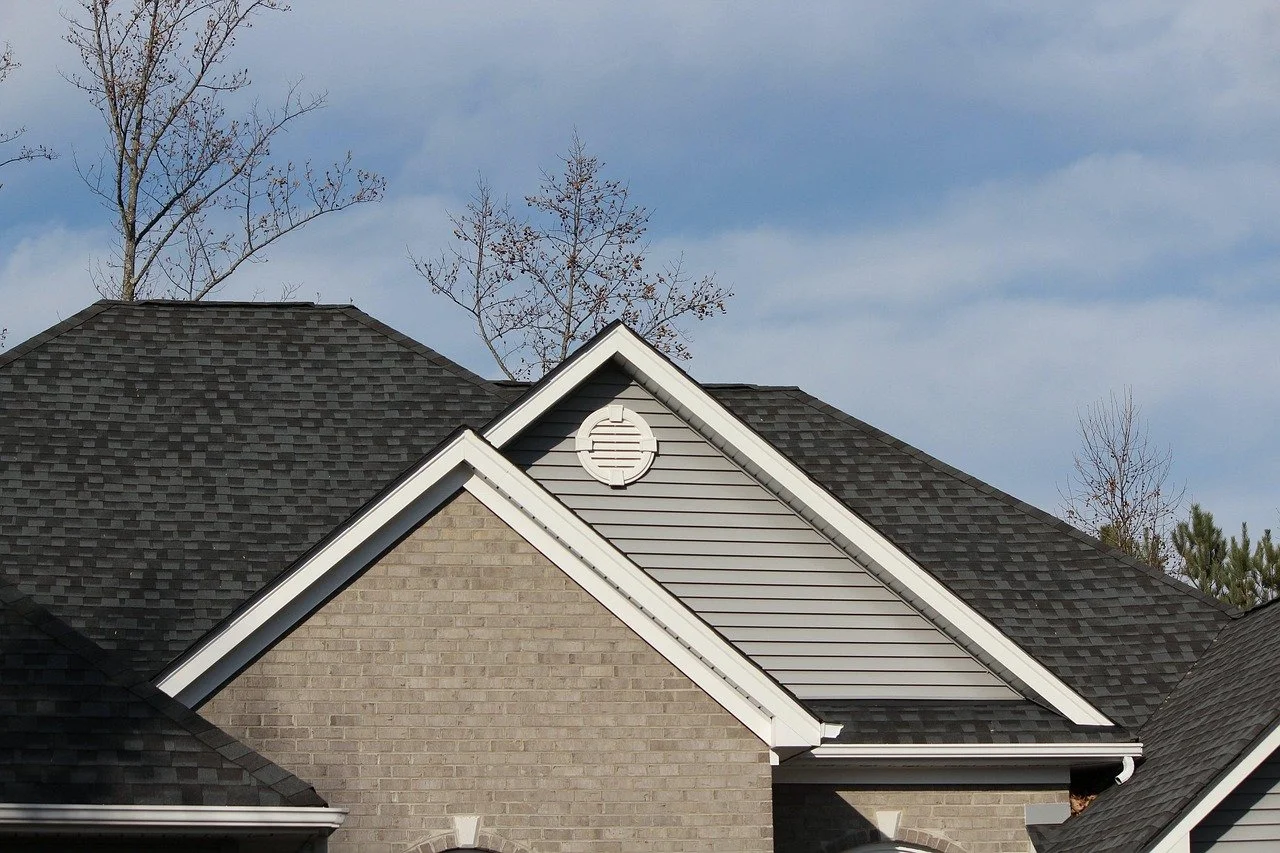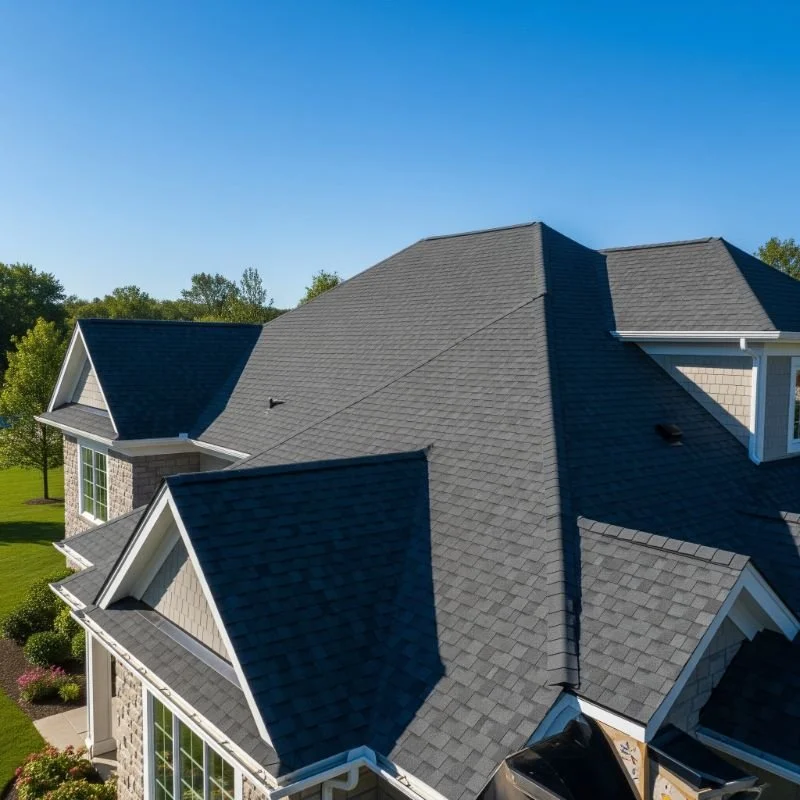How to Hire the Right Roofing Contractor for Your Next Project
Find the right roofing contractor with confidence. Learn what to look for, key questions to ask, and how to ensure quality results for your home.
Whether you are repairing a leaky roof, replacing aging shingles, or constructing a new building from the ground up, hiring the right roofing contractor is critical to the success of your project. A quality roofing installation impacts not only the longevity and integrity of your structure but also the energy efficiency, safety, and value of your property.
In today's market, roofing services have evolved significantly. From traditional shingle installations to solar-integrated and energy-efficient membranes, property owners now have access to innovative roofing systems that require specialized knowledge and technical skill. Selecting a contractor with proven experience in modern roofing technologies is no longer optional, but essential.
Here is a step-by-step guide to ensure you hire a roofing contractor who is qualified, trustworthy, and fully equipped to handle your specific project requirements.
1. Define Your Roofing Needs
Before beginning your search, assess the scope of your project. Are you seeking a full roof replacement, a repair, or an upgrade to a new material type? Determine whether your property requires residential, commercial, or industrial roofing services.
Understanding the size, type, and desired outcome of your project helps you filter contractors based on their specific areas of expertise. It also allows you to communicate your expectations clearly from the start.
2. Verify Licenses and Insurance
A legitimate roofing contractor must hold all required local and state licenses to operate legally in your area. Confirm that the contractor is also insured, including both general liability and workers’ compensation coverage.
These credentials not only protect the contractor’s crew but also shield you from financial responsibility in case of accidents, property damage, or injuries that may occur on site.
3. Review Experience and Specializations
Not all roofing contractors are created equal. Some may specialize in asphalt shingles, while others focus on metal roofs, flat systems, or green roofing technologies. If your project includes advanced requirements such as storm-resistant design or solar integration, ensure the contractor has relevant experience with those materials and systems.
Request a portfolio of completed projects and ask for references from past clients with similar needs. Reputable contractors are transparent and willing to share their work history.
4. Research Reputation and Reviews
Online reviews are a valuable tool for assessing a contractor’s professionalism, customer service, and quality of workmanship. Search across multiple platforms including Google, Yelp, the Better Business Bureau, and local trade associations.
Look for consistent patterns in customer feedback. Do clients report timely completion, honest pricing, and thorough cleanup? Are there complaints about communication or warranty issues? This information provides insight into how a contractor operates over time.
5. Request Detailed Written Estimates
Once you have narrowed your list to a few qualified candidates, request detailed written estimates from each one. A professional contractor will break down labor costs, materials, timeline, and any applicable warranty information.
Do not rely on vague or verbal quotes. The proposal should be itemized and include clear terms so you can compare bids accurately and make an informed decision.
6. Assess Communication and Responsiveness
Pay close attention to how the contractor interacts with you during the evaluation process. Do they answer your questions clearly and with confidence? Are they responsive to phone calls and emails? Do they arrive on time for meetings?
Effective communication is a strong indicator of how a contractor will perform throughout your project. Poor responsiveness in the early stages often reflects bigger issues during execution.
7. Understand the Warranty
A roofing warranty typically includes two parts: a manufacturer’s warranty for materials and a workmanship warranty from the installer. Ask the contractor to explain the duration and coverage of both.
Be cautious of contractors who offer unusually long or vague warranties without written documentation. Reputable providers will clearly define what is covered, for how long, and under what conditions.
8. Check for Safety Standards and Permitting
Ensure that your contractor follows all safety regulations and obtains the necessary permits before beginning work. Roofing projects often involve hazardous conditions, and adherence to safety protocols is essential to avoid legal and logistical issues.
Contractors who cut corners on safety are more likely to overlook other important aspects of quality as well.
Final Thoughts
Hiring the right roofing contractor involves more than just comparing prices. It requires careful evaluation of credentials, experience, communication skills, and industry reputation. With the increasing availability of innovative roofing systems, it is even more important to work with professionals who stay current with materials and installation techniques.
A well-executed roofing project protects your investment for decades. Taking the time to select a qualified contractor ensures not only superior performance but also peace of mind, knowing your roof is built to last.



